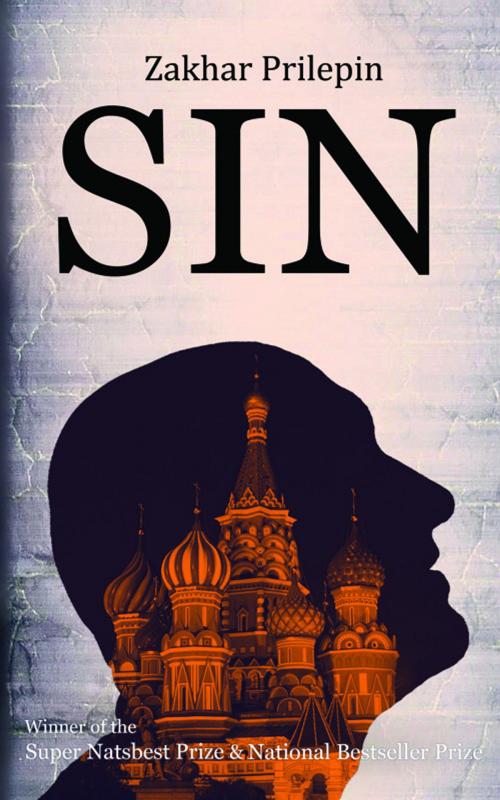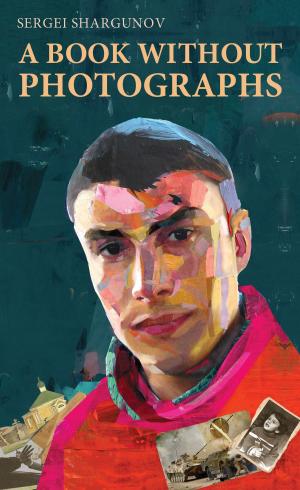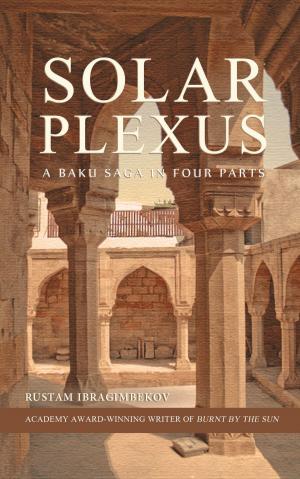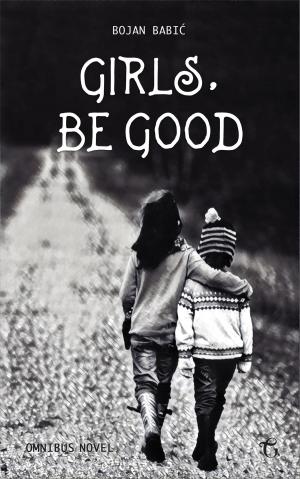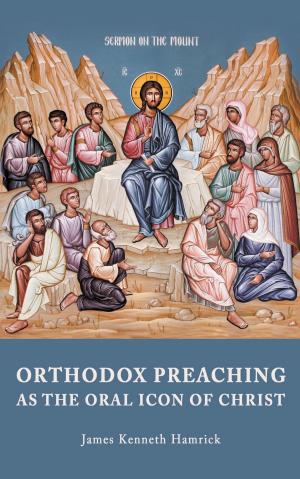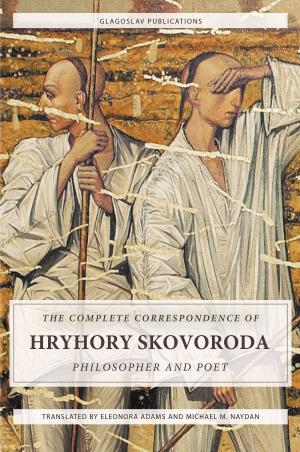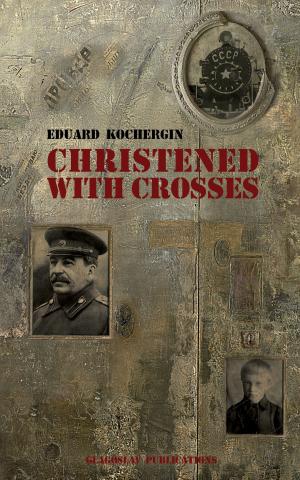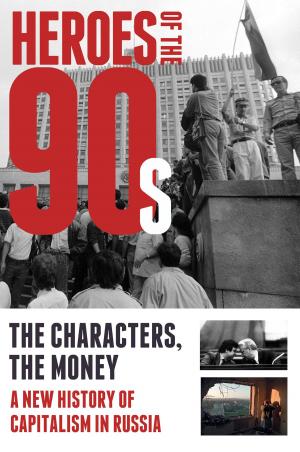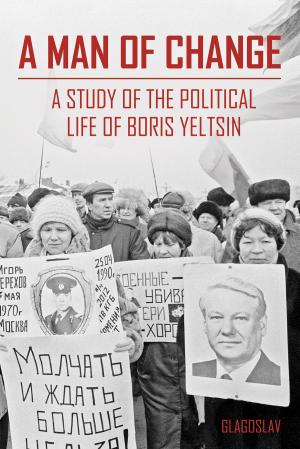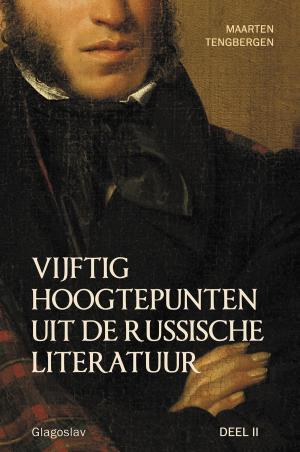Sin
Nonfiction, Reference & Language, Education & Teaching, Educational Theory, Multicultural Education, Fiction & Literature, Literary| Author: | Zakhar Prilepin | ISBN: | 9781909156272 |
| Publisher: | Glagoslav Publications Limited | Publication: | April 1, 2012 |
| Imprint: | Glagoslav | Language: | English |
| Author: | Zakhar Prilepin |
| ISBN: | 9781909156272 |
| Publisher: | Glagoslav Publications Limited |
| Publication: | April 1, 2012 |
| Imprint: | Glagoslav |
| Language: | English |
Over the past several years Zakhar Prilepin has emerged as a discovery in the world of prose fiction. Drawing on his experiences of peacetime labour in Putin’s Russia, as well as his service with the Russian Special Forces in Chechnya, Zakhar Prilepin creates in the novel “Sin” an outstanding and controversial piece of work, winning several prestigious literary awards, including The National Bestseller Prize (2008), The Super Natsbest Prize (2011), and the honorable Alexander Nevsky Award “The True Sons of Russia”.
In the episodes of Zakharka’s happy life, in non-chronological order, the reader sees him as a little boy, a bitterly drinking grave-digger, a nightclub bouncer or a soldier in Chechnya. The happiness of poor Zakharka even in doing dirty work is shown with brutal honesty and breaks all the genre’s rules. On top of everything, this guy even writes poetry, and his stylistically varied verses are presented in the penultimate chapter, “In other words”.
Zakharka is young and strong. He has no money, but has the ability to enjoy every moment of existence. He is sensitive, but rude and bold. He is affectionate and irresistible as only a man can be. He is not devoid of narcissism, but able to admire the beautiful small things in life. He is contagiously full of passion for living, taking large gulps of it while being uncompromisingly happy, despite the crudeness of his surrounding reality.
Manhood in the flesh, he is overwhelmed by instincts and overcomes them not without pleasure, preserving what is truly important in life. He looks boldly, and even with curiosity, into the face of death - either taking pictures of the deceased at a funeral or staring agitatedly at a just-disembowelled pig - and values the freedom of not fearing for his life, perhaps even more than life itself. And only two young sons make him understand that this freedom is not his anymore. The family determines the best moments of Zakharka’s life, lightning some episodes of the novel with the radiance of healthy, youthful or mature, male happiness.
Like the Russian soul itself, Zakharka is lost in search of his place in this newly-reorganized world. He is a kind of goodness with fists, full of youthful energy and daring, capable yet of truly loving and changing today, even in little things – in order to obtain justice.
Sin offers a fascinating window into the soul of those whom you can see on the streets doing menial jobs, or stone-faced Russian army recruits who will come back from war to find themselves chucking drunken visitors out of a nightclub.
***
This title has been realised by a team of the following dedicated professionals:
Translated by Simon Patterson with Nina Chordas,
Edited by Nina Chordas,
Maxim Hodak - Максим Ходак (Publisher),
Max Mendor - Макс Мендор (Director),
Yana Kovalskaya and Camilla Stein.
Over the past several years Zakhar Prilepin has emerged as a discovery in the world of prose fiction. Drawing on his experiences of peacetime labour in Putin’s Russia, as well as his service with the Russian Special Forces in Chechnya, Zakhar Prilepin creates in the novel “Sin” an outstanding and controversial piece of work, winning several prestigious literary awards, including The National Bestseller Prize (2008), The Super Natsbest Prize (2011), and the honorable Alexander Nevsky Award “The True Sons of Russia”.
In the episodes of Zakharka’s happy life, in non-chronological order, the reader sees him as a little boy, a bitterly drinking grave-digger, a nightclub bouncer or a soldier in Chechnya. The happiness of poor Zakharka even in doing dirty work is shown with brutal honesty and breaks all the genre’s rules. On top of everything, this guy even writes poetry, and his stylistically varied verses are presented in the penultimate chapter, “In other words”.
Zakharka is young and strong. He has no money, but has the ability to enjoy every moment of existence. He is sensitive, but rude and bold. He is affectionate and irresistible as only a man can be. He is not devoid of narcissism, but able to admire the beautiful small things in life. He is contagiously full of passion for living, taking large gulps of it while being uncompromisingly happy, despite the crudeness of his surrounding reality.
Manhood in the flesh, he is overwhelmed by instincts and overcomes them not without pleasure, preserving what is truly important in life. He looks boldly, and even with curiosity, into the face of death - either taking pictures of the deceased at a funeral or staring agitatedly at a just-disembowelled pig - and values the freedom of not fearing for his life, perhaps even more than life itself. And only two young sons make him understand that this freedom is not his anymore. The family determines the best moments of Zakharka’s life, lightning some episodes of the novel with the radiance of healthy, youthful or mature, male happiness.
Like the Russian soul itself, Zakharka is lost in search of his place in this newly-reorganized world. He is a kind of goodness with fists, full of youthful energy and daring, capable yet of truly loving and changing today, even in little things – in order to obtain justice.
Sin offers a fascinating window into the soul of those whom you can see on the streets doing menial jobs, or stone-faced Russian army recruits who will come back from war to find themselves chucking drunken visitors out of a nightclub.
***
This title has been realised by a team of the following dedicated professionals:
Translated by Simon Patterson with Nina Chordas,
Edited by Nina Chordas,
Maxim Hodak - Максим Ходак (Publisher),
Max Mendor - Макс Мендор (Director),
Yana Kovalskaya and Camilla Stein.
